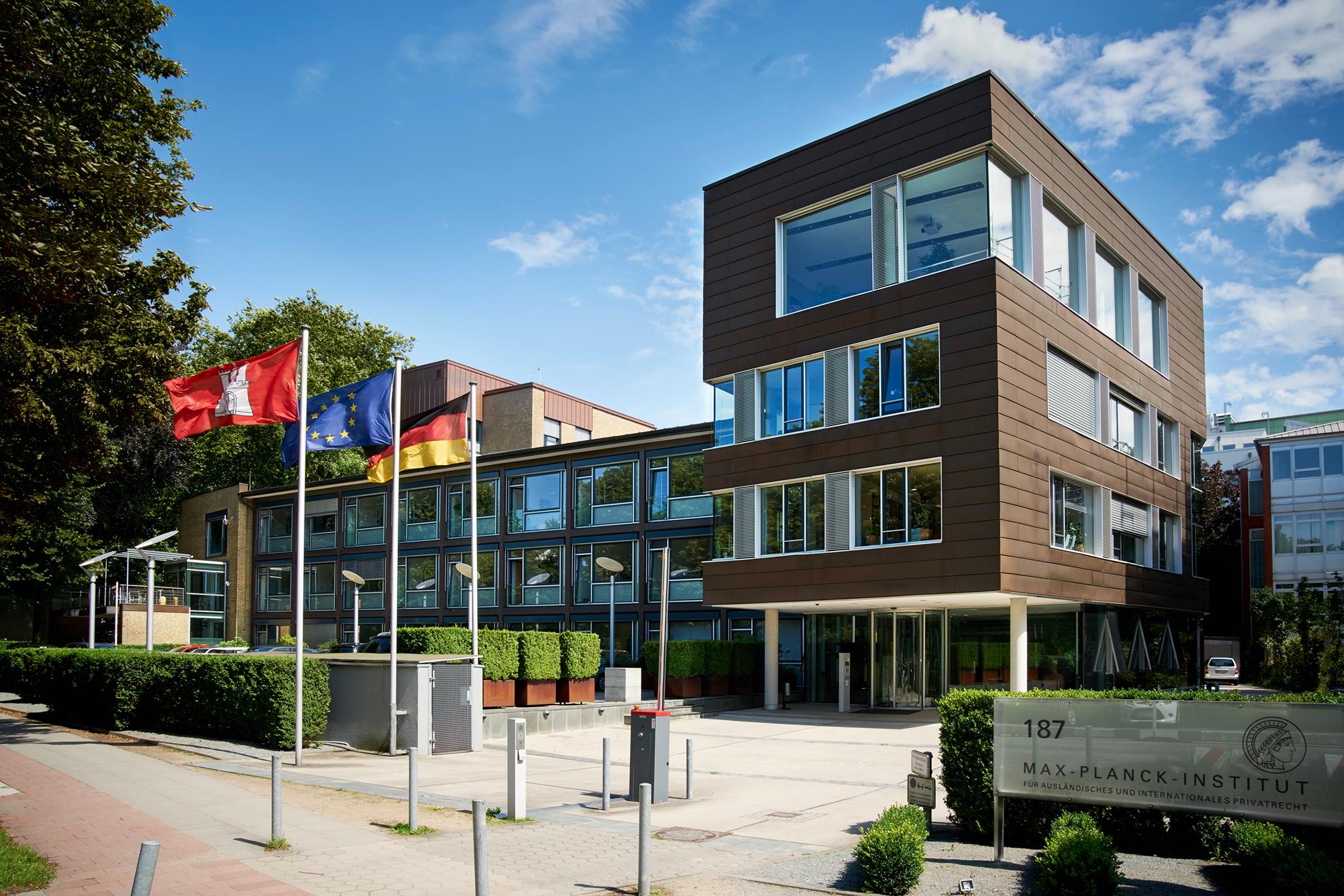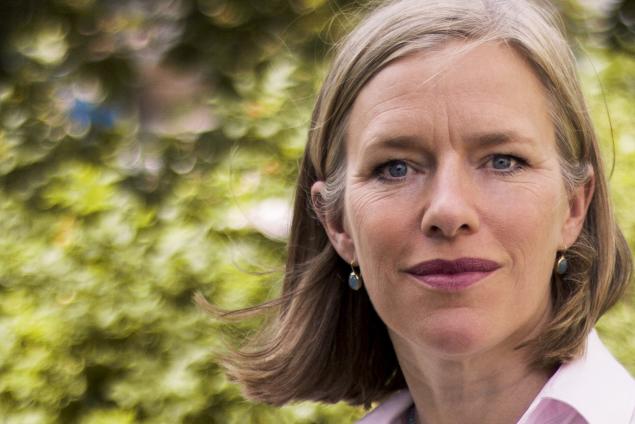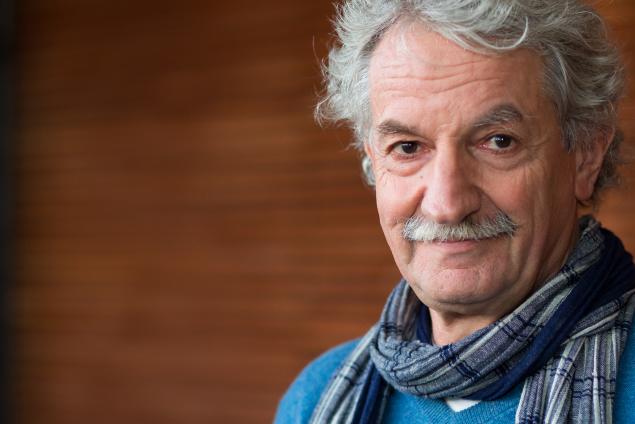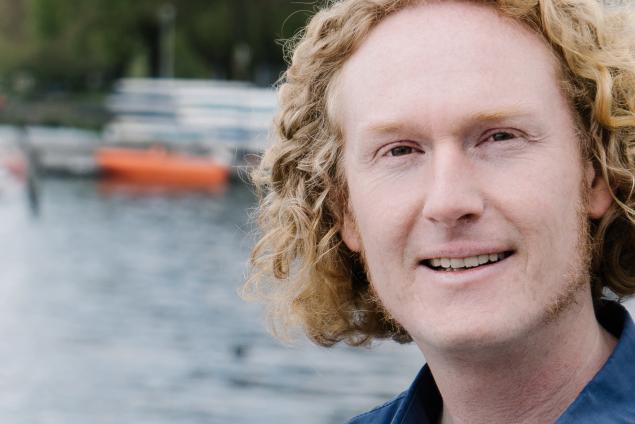Scroll to Section:
There is no global regulation, let alone any hard-law treaties, that deal with the interactions between humans and animals even though these have been globalized in many areas, such as for food, agriculture, or the procurement of pets. This is why ANNE PETERS has initiated a research program on Global Legal Animal Studies as she explains in this video. Analyzing international law and comparing domestic laws, she has established trends and found bits and pieces in some legal issue areas that may amount to a body of global animal law. She hopes that these results provide a source of inspiration and argumentation for lawmakers worldwide to develop global animal law further.
DOI:
https://doi.org/10.21036/LTPUB10534
Institution

Max Planck Institute for Comparative and International Private Law
Different countries, different cultures – and usually also a different basis for legal systems. The development of the European single market, the global integration of multinational business and commercial companies as well as the increasing internationalisation of our daily lives require that areas of private and commercial law provide solutions that cannot only be derived from the legal systems of individual countries. Academics at the Max Planck Institute for Comparative and International Private Law in Hamburg apply analysis of the differences and similarities between different legal systems to develop a foundation for an international understanding of law and its application to cross-border circumstances. This also includes addressing the methodological issues of comparative law and unification of law. The central research tool of the Institute is its library, which contains one of the world’s most extensive collections of literature on civil law. ( Source )
Show more
Original publication
Introduction to Symposium on Global Animal Law (Part I): Animals Matter in International Law and International Law Matters for Animals
AJIL Unbound
Published in 2017
Tierwohl als globales Gut: Regulierungsbedarf und -chancen
RW Rechtswissenschaft
Published in 2016
Global Animal Law: What It Is and Why We Need It
Transnational Environmental Law
Published in 2016
Reading recommendations
Zoopolis: A Political Theory of Animal Rights
Published in 2012The Oxford Handbook of Animal Studies
Published in 2017A Global Slaughterhouse
Helsinki Review of Global Governance
Published in 2011
The Globalization of Animal Welfare: More Food Does Not Require More Suffering
Foreign Affairs
Published in 2012
Expanding Global Justice: The Case for the International Protection of Animals
Global Policy
Published in 2013
Artgerecht ist nur die Freiheit
Published in 2014Beyond
A Ground-breaking Scientific Revolution
An Alarming Challenge for Society
If I Had a Second Life
A Personal Reading Recommendation




